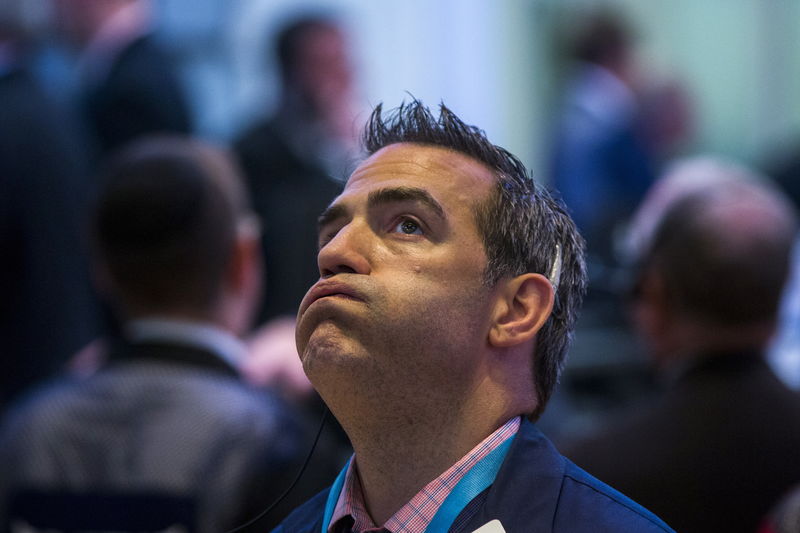By Yasin Ebrahim
Investing.com -- The broader market has staged a 15% rebound since its October slump, but as FOMO fever gathers steam, some on Wall Street warn against chasing the rally as too much optimism is baked into stocks.
“With some of the equity market moves looking extreme, markets pricing in excessive optimism, technical flow drivers running out of steam, and potential for large reallocation from bonds to equities, we are inclined to fade the rally in stocks,” JPMorgan said in a note.
The broader stock market has racked up 5% year-to-date and 15% since its October slump. Stocks are trading as if “the energy crisis, war, and sharp monetary tightening did not happen,” the bank said. A recession, which has a more than 50% probability of occurring in the next 12 months, according to JPMorgan, is “currently not priced into equity markets.”
A recession, or hard landing, versus soft landing, for many, seem to rest in the Fed’s hand.
Some argue that the Fed’s explosive pace of rate hikes -- and the further tightening expected ahead -- has further room to squeeze the economy, increasing the likelihood of recession. But others argue that the economic hit from the Fed’s tightening measures has already peaked.
Goldman Sachs said it believes that the weaker economic activity for the fourth quarter, represented “the peak drag from tighter policy, rather than the start of something more sinister.”
As well expectations that peak Fed damage is in the rear-view mirror, Goldman Sachs pointed to an improving economic backdrop in Europe and the China reopening – two factors that can prop up global growth – as reasons for optimism on the U.S. avoiding a recession.
While JPMorgan admits that the growth spike in Asia from the China reopening is a “wildcard” that could potentially help the U.S. economy to a soft landing, it believes the China reopening boost to the U.S. isn’t likely to be significant nor immediate, taking two to as many as five quarters, to make an impact.
“[W]e think most of the reopening impact will be felt from 2Q onwards. Hence, assuming the elasticity resides in the lower part of the range and the lag is about 3/4 quarters lowers the confidence that the rebound in Asia can prevent a US recession,” it added.
Others on Wall Street also question the recent bounce in markets in the wake of weakening economic data. Morgan Stanley's Mike Wilson said stocks could price in a weaker economic backdrop as soon as "this calendar quarter.”
The months-long inversions seen in Treasury yield curve, meanwhile, are also difficult to ignore, JPMorgan says as it’s a “clear” signal that the economy is in the “late cycle and recession risks are elevated.”
As the debate on a recession rages on, the strength of the consumer, however, continues to wane, putting corporate margins, which are at record highs, and earnings at risk, and casting doubt on a recent rally.
“The recent weakening of economic data and anticipated decline in earnings expectations are pointing to markets that are likely to move lower, in our view,” JPMorgan said.
